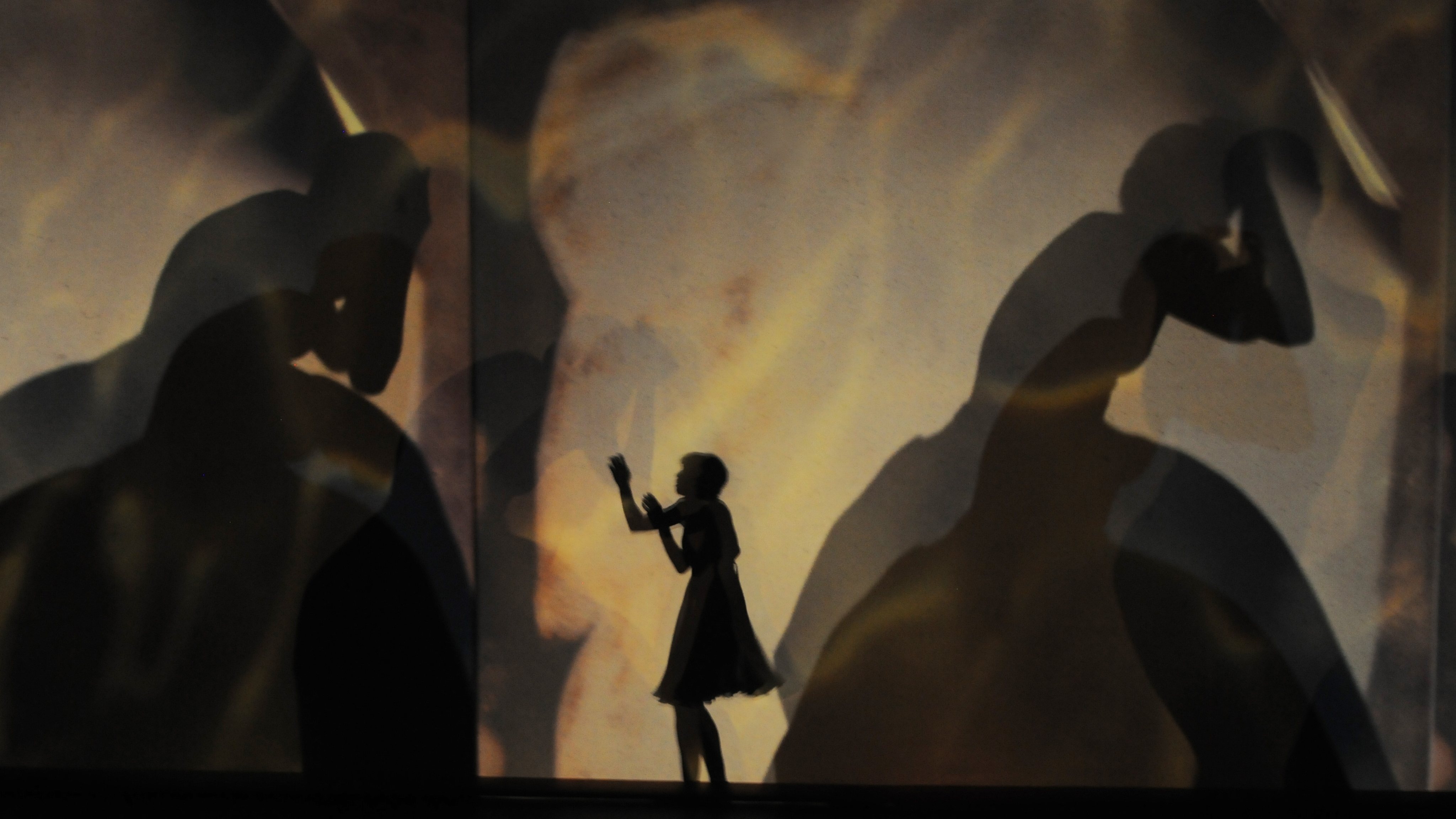Ravel’s classic could leave the public domain if a French court rules that the composer did not create it alone. The Russian stage designer’s family claims co-authorship.
“Bolero” was performed at the Paris Opera in 1928 by Maurice Ravel and was an immediate success. The French composer would die about 10 years later and left his heirs a million-dollar fortune, largely thanks to the classic that obtained copyright until 2016, when it became public domain. But copyright protection could return if a French court rules that Ravel was not the sole author after all.
According to The Guardian, in France copyright is usually valid for 70 years after the death of the composer. In the case of Ravel, who died at the end of 1937, to compensate for the years of World War II, a few years were added to the date on which the copyright would cease to be valid. Only in 2016 did the work enter the public domain (where it remains in the European Union, although it is still protected in the US).
But besides Ravel, another name may have played a role in the ballet classic: Alexandre Benois, a set designer who, according to the family, collaborated on the original “Bolero.” The family maintains that Benois should have been credited, from El Indio, as co-author. And if this officially happens, you will be entitled to a share of the profits that come from copyrights. Since Benois died in 1960, the copyright would be valid today (according to The Guardian, until 2039).
The family’s argument is that the work was “created especially for ballet,” so it should not be considered an isolated orchestral piece, resorting to documents that, as they understand, prove co-authorship.
Ravel’s estate’s defence team supports the claim that it was a “collaborative work” with the Russian stage designer. According to The Guardian, if the court rules in favour of including Benois as a co-author, Ravel’s heirs will also recover the copyright.
On the other side of the case is the French Society of Authors, Composers and Musical Publishers (Sacem), which maintains that the claim is a “historical fiction”. Sacem uses as evidence an official statement signed by Ravel in 1929 in which he identifies himself as the sole author. The company’s lawyer claims that royalties used to generate “millions and millions of euros” a year, but between 2011 and 2016 they fell to an average of 135,507 euros a year.
Source: Observadora
